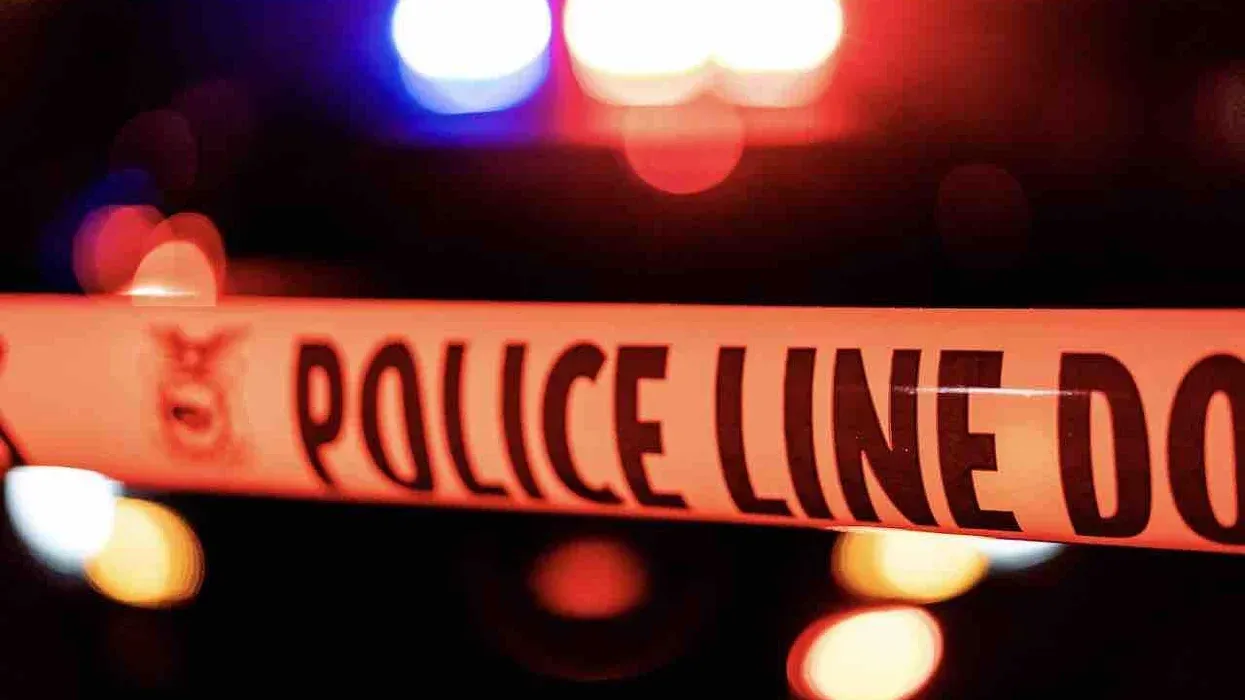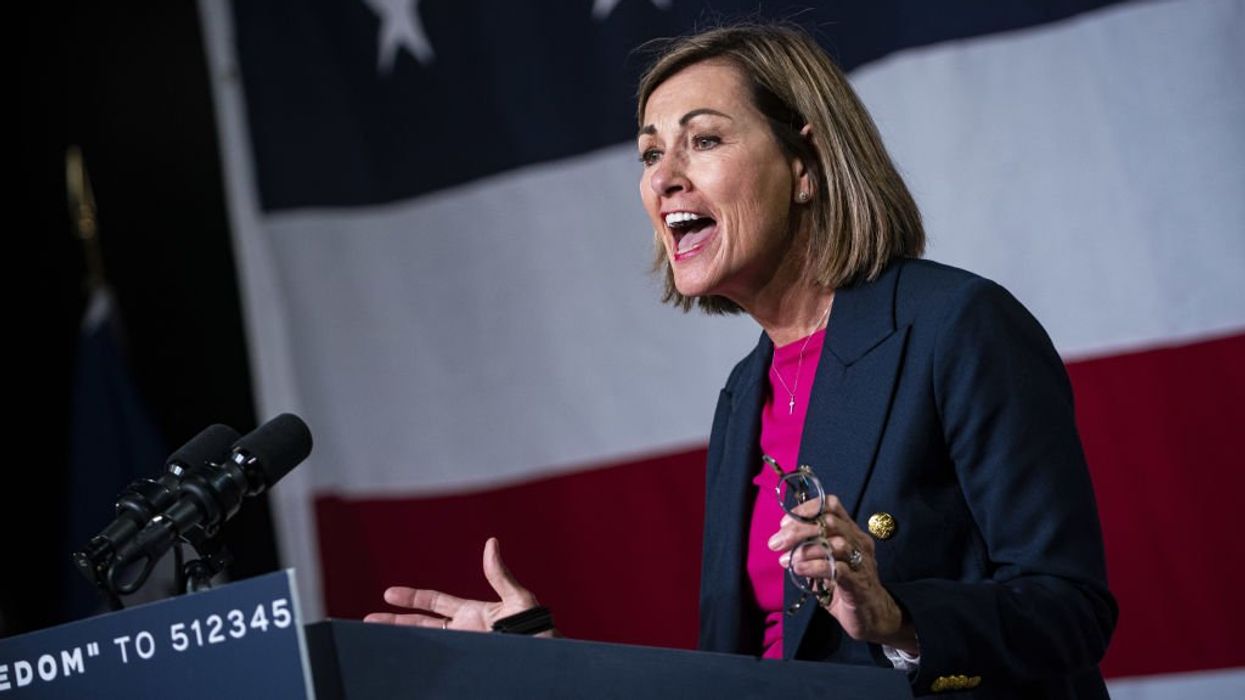Should police officer Darren Wilson be held accountable for the shooting death of unarmed citizen Michael Brown in Ferguson, Missouri, on August 9, 2014?
Tasked with determining whether Wilson should stand trial for Brown’s shooting, the grand jury ruled that the police officer will not face charges for the fatal shooting.
That the police officer was white and his victim black should make no difference. In a perfect world, it would not matter. In an imperfect world such as ours, however, racism is an effective propaganda tool used by the government and the media to distract us from the real issues.
As a result, the national dialogue about the dangers of militarized, weaponized police officers being trained to act like soldiers on the battlefield, shooting first and asking questions later, has shifted into a largely unspoken debate over race wars, class perceptions and longstanding, deep-seated notions of who deserves our unquestioning loyalty and who does not.
And the greater question—whether anything will really change to rein in militarized police, police shootings, lack of accountability and oversight, and a military industrial complex with a vested interest in turning America into a war zone—remains unanswered.
Ferguson matters because it provides us with a foretaste of what is to come. It is the shot across the bow, so to speak, a warning that this is how we will all be treated if we do not tread cautiously in challenging the police state, and it won’t matter whether we’re black or white, rich or poor, Republican or Democrat. In the eyes of the corporate state, we are all the enemy.
This is the lesson of Ferguson, that “we the people” are the enemy. As I point out in my book A Government of Wolves: The Emerging American Police State, since those first towers fell on 9/11, the American people have been treated like enemy combatants, to be spied on, tracked, scanned, frisked, searched, subjected to all manner of intrusions, intimidated, invaded, raided, manhandled, censored, silenced, shot at, locked up, and denied due process.
There was a moment of hope after Ferguson that perhaps things might change. Perhaps the balance would be restored between the citizenry and their supposed guardians, the police. Perhaps our elected officials would take our side for a change and oppose the militarization of the police. Perhaps warfare would take a backseat to more pressing national concerns.
That hope was short-lived.
It wasn’t long before the media moved on to other, more titillating stories.
It wasn’t long before the American public, easily acclimated to news of government wrongdoing, ceased to be shocked, outraged or alarmed by reports of police shootings.
And with nary a hiccup, the police state marched steadily forth. In fact, it has been business as usual in terms of police shootings, the amassing of military weapons, and the government’s sanctioning of police misconduct.
Rubbing salt in our wounds, in the wake of Ferguson, police agencies not only continued to ramp up their military arsenals but have used them whenever possible.
Opposed to any attempt to demilitarize America’s police forces, the Dept. of Homeland Security has been chanting its safety mantra in testimony before Congress: Remember 9/11. Remember Boston. Remember how unsafe the world was before police were equipped with automatic weapons, heavily armored trucks, night-vision goggles, and aircraft donated by the DHS.
Contrary to DHS rhetoric, however, militarized police—twitchy over perceived dangers, hyped up on their authority, and protected by their agencies, the legislatures and the courts—have actually made communities less safe at a time when violent crime is at an all-time low and police officers have a lower risk of on-the-job fatalities than lumberjacks, fishermen, and airline pilots.
Moreover, as Senator Tom Coburn points out, the militarization of America’s police forces has actually “created some problems that wouldn’t have been there otherwise.” Among those problems: a rise in the use of SWAT team raids for routine law enforcement activities (averaging 80,000 a year), a rise in the use and abuse of asset forfeiture laws by police agencies, a profit-driven incentive to criminalize lawful activities and treat Americans as suspects, and a transformation of the nation’s citizenry into suspects.
Ferguson provided us with an opportunity to engage in a much-needed national dialogue over how police are trained, what authority they are given, what weaponry they are provided, and how they treat those whom they are entrusted with protecting.
Caught up in our personal politics, prejudices and class warfare, we have failed to answer that call. In so doing, we have played right into the hands of all those corporations who profit from turning America into a battlefield by selling the government mine-resistant vehicles, assault rifles, grenade launchers, and drones.
As long as we remain steeped in ignorance, there will be no reform.
As long as we remain divided by our irrational fear of each other, there will be no overhaul in the nation’s law enforcement system or institution of an oversight process whereby communities can ensure that local police departments are acting in accordance with their wishes and values.
And as long as we remain distracted by misguided loyalties to military operatives who are paid to play the part of the government’s henchmen, there will be no saving us when the events of Ferguson unfold in our own backyards.
When all is said and done, it doesn’t matter whose “side” you’re on as far as what transpired in Ferguson, whether you believe that Michael Brown was a victim or that Darren Wilson was justified in shooting first and asking questions later.
What matters is that we not allow politics and deep-rooted prejudices of any sort to divert our efforts to restore some level of safety, sanity and constitutional balance to the role that police officers play in our communities. If we fail to do so, we will have done a disservice to ourselves and every man, woman and child in this country who have become casualties of the American police state.
–
TheBlaze contributor channel supports an open discourse on a range of views. The opinions expressed in this channel are solely those of each individual author.




